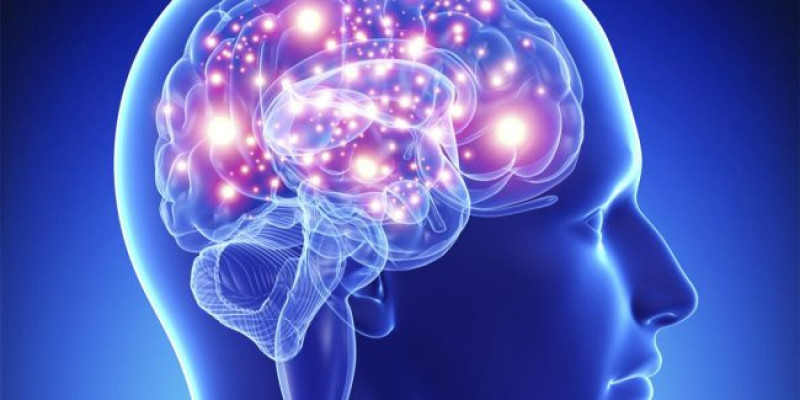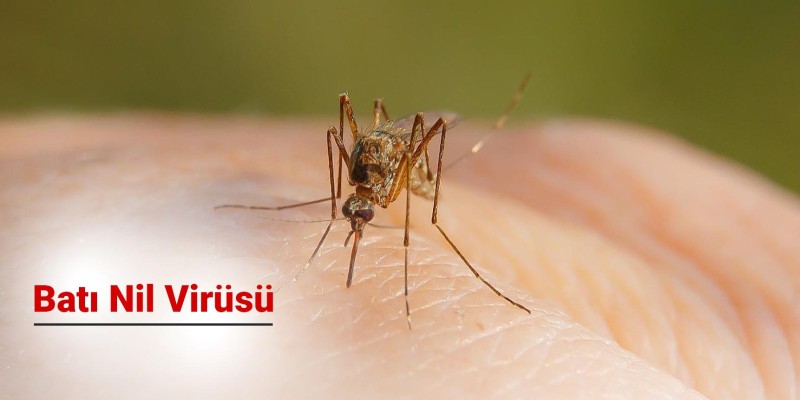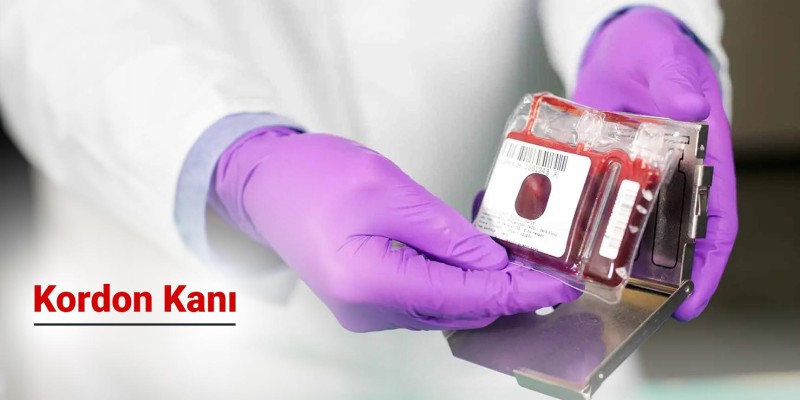
What is Sine?
Sinuses are air-filled spaces within the bones around the nose. The inner surface of the sinuses keeps the nasal passages moist by producing mucus and helps filter the air. It also gives the color of the voice. When the nasal airway does not work properly, inflammation and infections may occur, leading to sinusitis.
What is Sinusitis?
Sinusitis is a health problem that occurs as a result of inflammation of the sinuses around the nose. Inflammation of the sinuses blocks the natural flow of mucus produced in the sinuses towards the nose and nasal passages, causing the mucus accumulated in the sinus cavities to become infected with bacteria or viruses.
What Causes Sinusitis?
The most common causes of sinusitis include viral infections, colds, allergic rhinitis (hay fever), air pollution and exposure to cigarette smoke. Colds, in particular, lead to increased mucus production in the sinuses and blockage of the sinus channels, which paves the way for the development of sinusitis. Congenital anatomical disorders in the nasal structure, polyps or immune system weakness can also cause sinusitis. These factors prevent the ventilation of the sinuses and trigger the development of sinusitis by causing bacteria or viruses to accumulate in the sinus cavities. Some simple habits frequently encountered in daily life can also cause sinusitis. For example, Going out with wet hair or being unprotected in cold and windy weather can increase the contact of the sinuses with cold and cause inflammation. Such habits may increase the risk of sinusitis, especially in sensitive people.
What are the Symptoms of Sinusitis?
Feeling of pressure and pain in the face. Nasal congestion and difficulty breathing. Yellow or green nasal discharge (dark discharge) Headache, especially in the morning. Pain around the eyes and forehead. Decreased sense of smell and taste. Postnasal drip. Bad breath. Weakness, fatigue and fever.
How is Sinus Treated?
Medical treatment is applied for acute sinusitis and recurrent attacks of chronic sinusitis. Antibiotics, decongestants, antihistamines, nasal lavage and steroid sprays are used as needed. In cases that do not respond to medical treatment, chronic sinusitis; Surgical treatment comes to the fore. Pathology is confirmed with CT (computed tomography) and appropriate surgical treatment is planned. The most important cause of sinusitis is anatomical reasons such as deviation and turbinate swelling. These also affect maxillofacial development, oral hygiene and facial development. Therefore, it is necessary to consult an Ear, Nose and Throat physician without delay and plan treatment.
Prof. S. Alper Tutkun, MD
Ear Nose Throat (ENT)
Click here to make an appointment and get detailed information.













